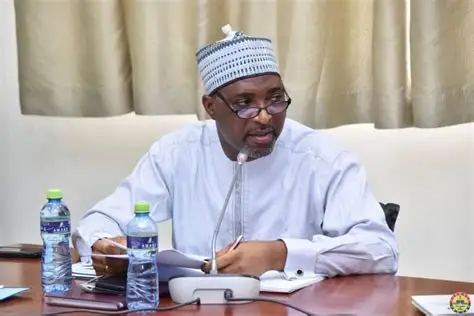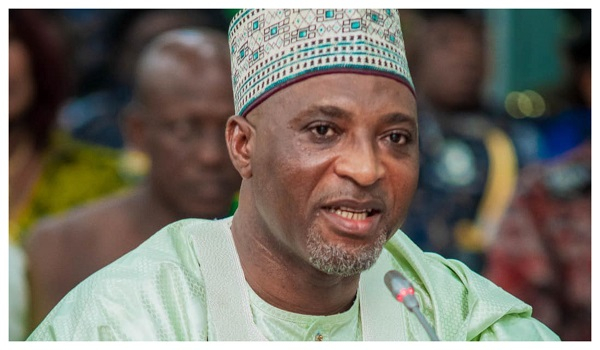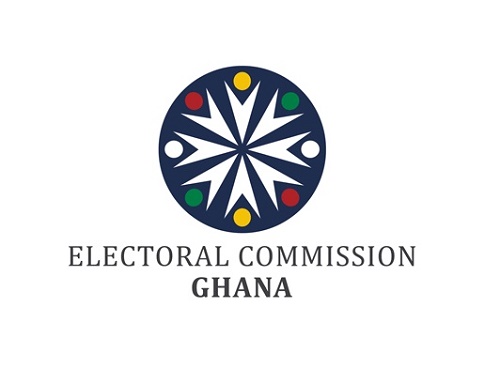On Monday, November 4, 2025, Ghana’s Interior Minister, Mubarak Mohammed Muntaka, announced that 21 suspects have been linked to electoral violence during the 2020 and 2024 general elections, which resulted in 15 deaths and injuries to 40 others. The incidents, spanning multiple regions including Bono East, Greater Accra, Bono, Northern, Central, Savannah, and Ashanti, involved clashes between supporters of the country’s two major political parties.
According to the Minister, four of the suspects are currently out on bail, five remain on remand, and the rest have arrest warrants issued as law enforcement agencies continue to pursue them. Muntaka highlighted that the arrests and ongoing prosecutions are part of the government’s effort to ensure justice for victims of election-related violence and demonstrate accountability at all levels.
The Minister’s Update on the Elections’ Investigations
Minister Muntaka explained that a Special Investigation Task Force carried out detailed reviews of police dockets, on-site inspections, and interviews with stakeholders, ultimately identifying 12 specific cases linked to the broader incidents. He further stated that instructions have been given to fully implement the report of the Ayawaso West Wuogon commission to ensure justice prevails in that high-profile case.
“These six cases from the 2020 election and six from the 2024 election collectively led to 15 deaths and 40 injuries. The circumstances of each case vary, but nearly all involved the use of firearms during confrontations between party supporters, and in some instances, security personnel resorted to live ammunition as ‘warning shots’ for crowd control,” Muntaka said.

Electoral violence has consistently posed a threat to Ghana’s democratic stability. While the country is widely recognized for peaceful transfers of power compared to many African states, isolated incidents of election-related clashes have shaken public confidence and sometimes led to loss of life. The Minister’s disclosure underscores the importance of law enforcement vigilance and judicial accountability to maintain the credibility of Ghana’s electoral system.
For Africa at large, Ghana serves as an example of both the progress and challenges in managing post-election violence. Countries that struggle with unchecked electoral violence risk undermining democratic institutions, deterring civic participation, and fueling cycles of political instability. By publicly identifying suspects and pursuing legal proceedings, Ghana demonstrates a proactive approach that other nations could emulate.
Ghana has experienced *periodic election-related violence, often linked to tensions between rival political parties and misunderstandings over results. According to reports from the National Commission for Civic Education (NCCE), the 2020 elections saw **approximately 10 deaths nationwide, while the 2024 polls recorded *at least five fatal incidents and dozens of injuries.
In most cases, violence has been concentrated in urban constituencies, but rural areas have also reported clashes. Local observers have pointed to the role of misinformation, partisan security forces, and poor crowd management as contributing factors. The Ayawaso West Wuogon incident, which resulted in multiple fatalities, remains one of the most significant cases in recent electoral history, prompting the establishment of a commission to investigate and recommend corrective measures.
- Greater Accra: The Ayawaso West Wuogon constituency, where confrontations between party supporters and police led to fatalities.
- Bono East and Bono: Incidents reportedly involved disputes over polling station access and alleged interference with ballot boxes.
- Northern and Savannah Regions: Tensions emerged between local communities and party operatives, leading to clashes during result collation.
- Ashanti and Central Regions: Scuffles between rival groups escalated into violence, causing injuries and property damage.
These cases reflect the need for enhanced electoral management, better law enforcement training, and community-based peacebuilding efforts to mitigate future incidents.

The Interior Minister assured the public that security agencies are taking proactive steps to prevent future electoral violence, including:
- Close monitoring of political gatherings and rallies.
- Strengthening community policing in hotspots prone to conflict.
- Coordinating with local authorities to ensure rapid response during incidents.
- Training security personnel on non-lethal crowd control measures to reduce casualties.
“These measures are designed to prevent a recurrence of such violence in future elections and to protect both citizens and property,” Muntaka emphasized.

While Ghana has made significant strides in promoting peaceful democratic processes, the identification of 21 suspects linked to the 2020 and 2024 election violence underscores the continued challenges in safeguarding elections. Ensuring accountability through judicial proceedings, implementing commission recommendations, and strengthening law enforcement are essential steps in maintaining public confidence and upholding the integrity of Ghana’s electoral system.
Read also: Mahama Calls on Global North to Honour Climate‑Finance Pledges as Ghana Readies for COP30
